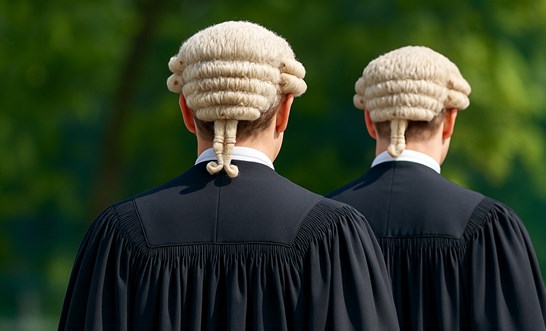How We Charge
We are open and transparent about how we charge. If you don’t understand your fees or you need more information, we welcome your questions. We are happy to provide prospective clients with our rates and terms in advance, for their consideration.
When you become a Gilshenan & Luton client
You will usually receive two documents from us – a Costs Agreement and a Disclosure Statement.
We will enter into a Costs Agreement with you, as recommended by the Queensland Law Society, which will clearly explain your rights and obligations, and ours.
The law in Queensland requires solicitors to disclose information to clients about certain things such as legal fees and how they are estimated or calculated, as well as billing arrangements, before entering into a Costs Agreement. That is the purpose of our Disclosure Statement. There are some instances where this disclosure is not required though, such as when the estimated legal fees do not exceed a certain amount, or where the work must be performed urgently.
How we calculate our fees and charges
We generally charge on either a fixed fee basis or a time costed basis, and are happy to discuss your preferred option with you. Unless we specifically agree with you on a fixed fee amount, our fees will be calculated on a time-costed basis. No additional charge will be made for our internal office expenses such as photocopying, telephone calls, postage, etc. unless specifically advised to you in advance.
Your rights regarding legal costs
Generally, you have the right to:
- negotiate the amount of your legal costs with your solicitor;
- receive bills before you pay your solicitor (although your solicitor may require money to be deposited into a trust account in advance as security for future legal costs);
- be notified of any substantial change to the estimated legal costs; and
- challenge your legal fees if you are not satisfied with them.
Trust Account Deposits Required Upfront
It is our policy to require funds to be paid and secured in our trust account prior to any substantial legal work being undertaken.
Latest Articles

Stale qualifications when applying for admission into the legal profession

The criminal offence of “choking, suffocation or strangulation”

Disclosure requirements for applicants for admission to the legal profession in Queensland

